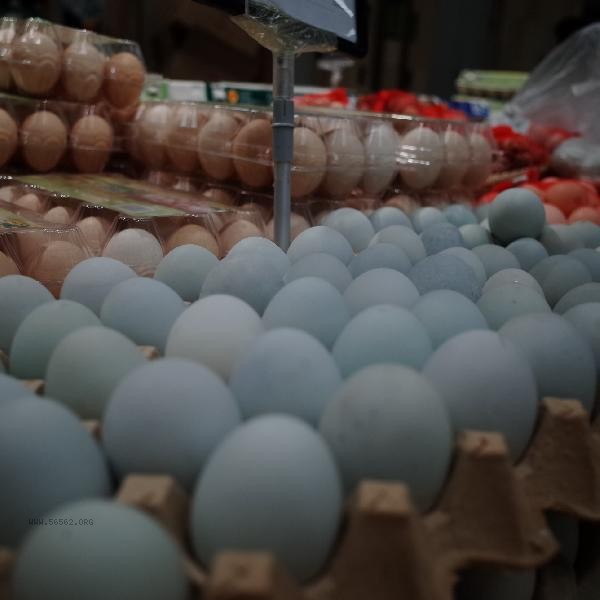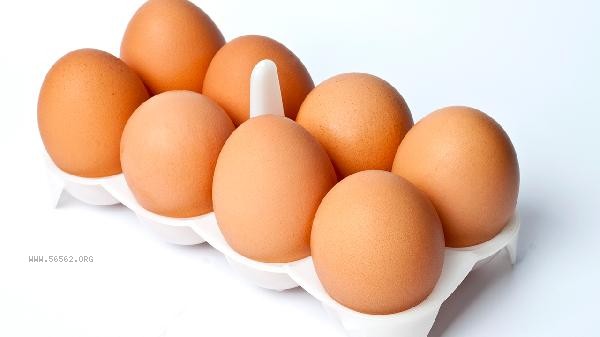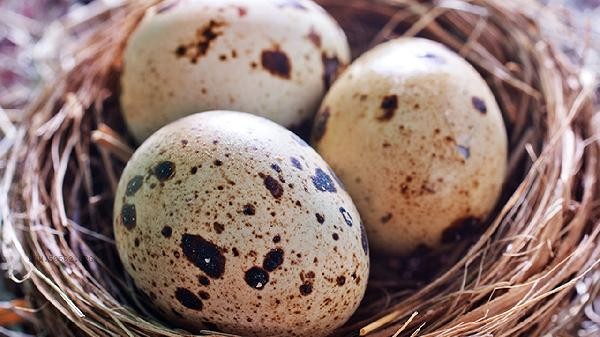The difficulty in peeling eggshells is usually related to long cooking time, but it may also be affected by factors such as egg freshness and cooling method. Heating eggs at high temperatures for a long time can cause the protein to stick to the eggshell membrane, but the strong adhesion of the eggshell membrane in fresh eggs may also increase the difficulty of peeling. When eggs are boiled in boiling water for too long, the sulfides in the protein will react chemically with the inner membrane of the eggshell, forming a gray green layer of ferrous sulfide, causing the protein to stick tightly to the eggshell. At this point, peeling the shell can easily lead to protein debris. It is recommended to control the cooking time at 8-10 minutes, and immediately rinse with cold water after cooking. Use the principle of thermal expansion and contraction to separate the eggshell from the protein. Eggs with high freshness may have difficulty peeling due to the intact inner membrane structure of the eggshell, which is tightly bound to the protein, even if cooked at the right time. These types of eggs have fewer pores on the surface of the eggshell, lower internal carbon dioxide content, and less protein shrinkage after cooking. Eggs can be left at room temperature for 3-5 days to increase the pH value inside, or a small amount of salt can be added to change the osmotic pressure during cooking.

It is recommended to choose eggs that have been stored for 3-7 days for cooking. After boiling, boil over medium heat for 8 minutes, then turn off the heat and simmer for 2 minutes. Once removed, immediately immerse in ice water. When peeling the shell, start from the air chamber end and gently tap and roll to produce uniform cracks in the eggshell. When storing eggs in daily life, keep the big head facing up to avoid drastic fluctuations in refrigeration temperature that may affect the structure of the eggshell membrane. If there is difficulty in peeling the shell for a long time, you can check the hardness of the water quality or try different egg varieties from different origins.










Comments (0)
Leave a Comment
No comments yet
Be the first to share your thoughts!